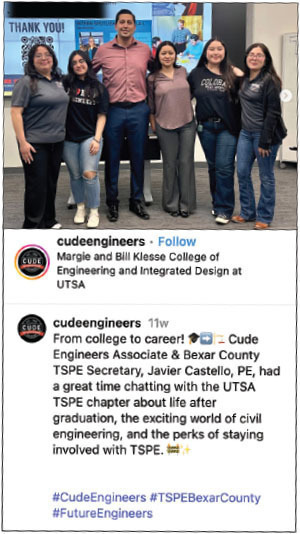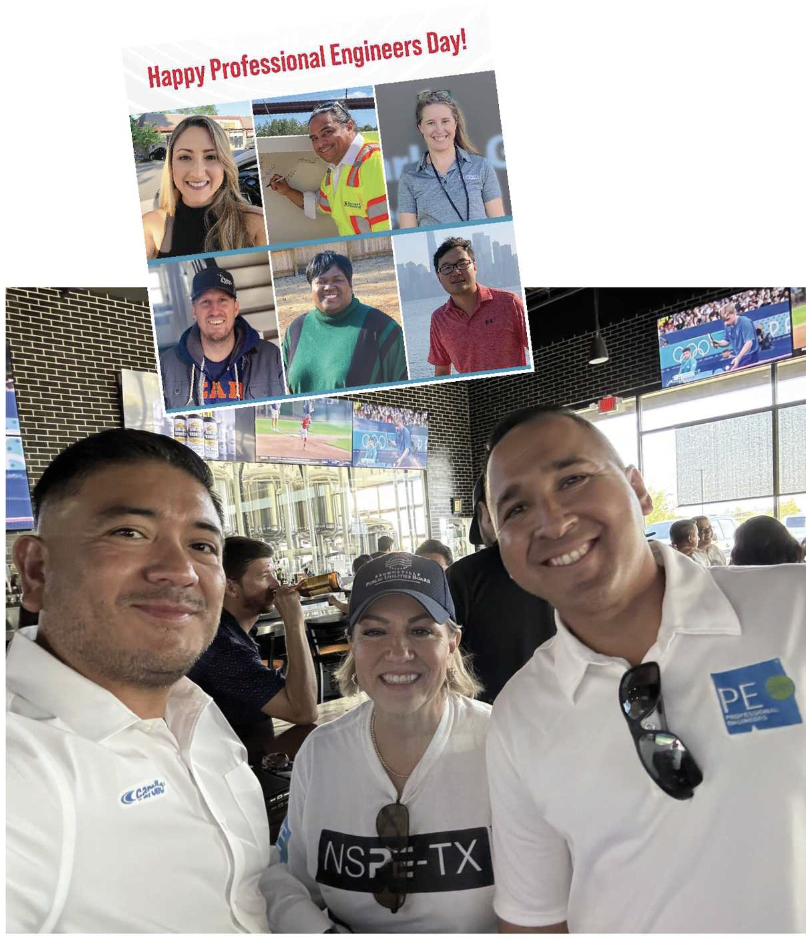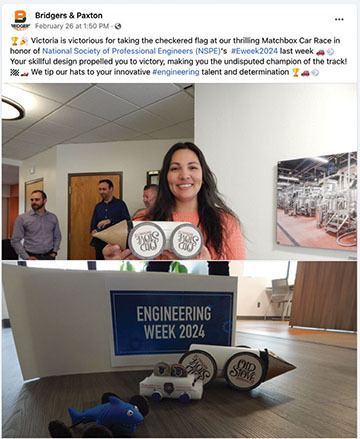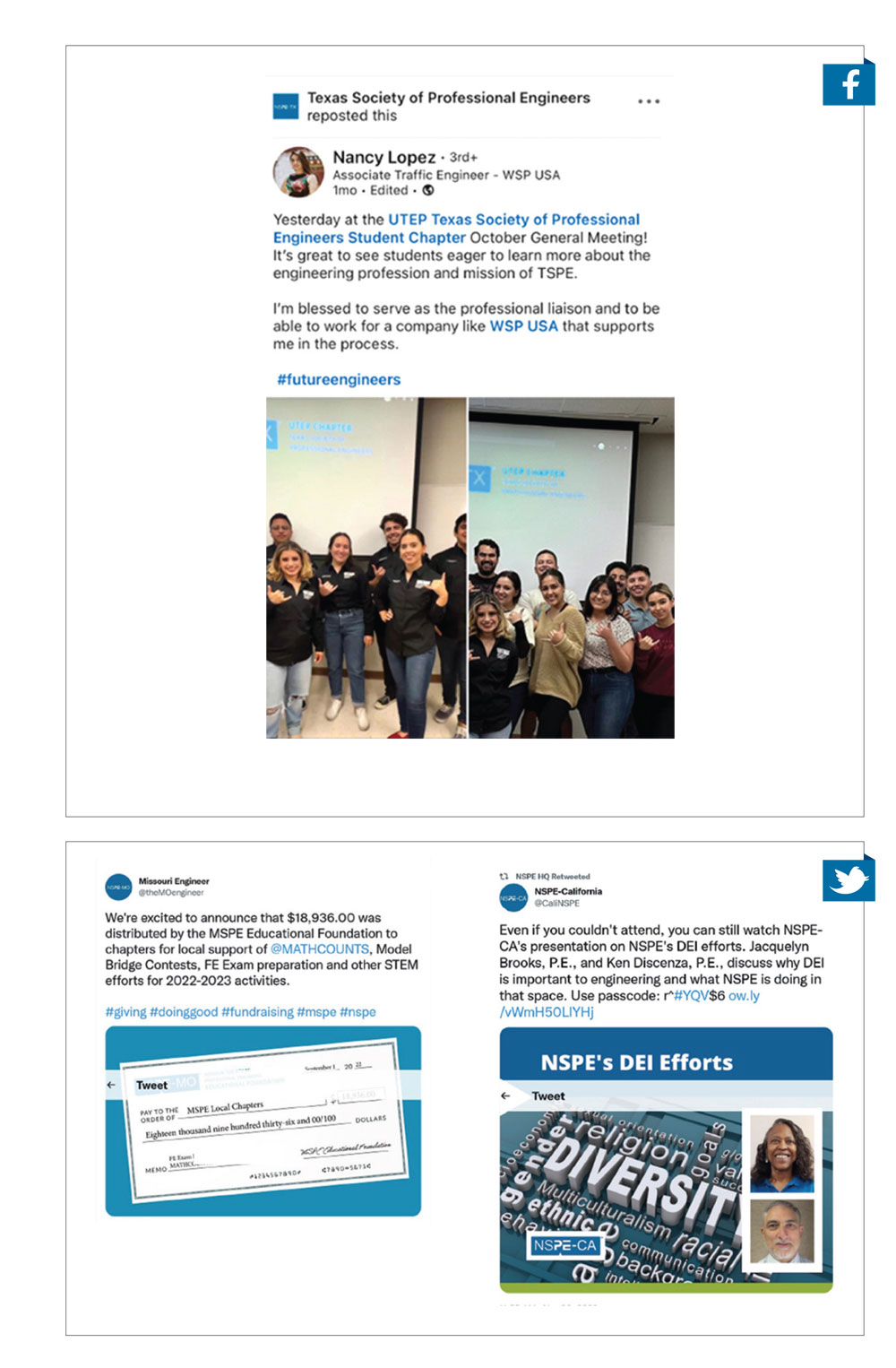August/September 2013
Letters
American Exceptionalism
I have a significant issue with the term “social justice” in “The Moral Responsibility of Sustainable Development” by Carlos Bertha (January/February, p. 10). The essence of social justice is to take from those who have and give to those who don’t because it makes us more equal.
We don’t all deserve to be equal. Historically, capitalism allowed anybody the opportunity to advance their socioeconomic position. Our founders guaranteed the U.S. citizen that the government would protect their right to the pursuit of happiness. How a citizen engaged in that pursuit or how much they achieved was the citizen’s responsibility. To promote a system that doesn’t reward excellence but rather penalizes it would be the end of American exceptionalism.
Yes, the United States of America is exceptional because we have a system that rewards people who work better, harder, and smarter than others, but it won’t stay that way when we convince our younger generations that standing out and excelling should not be justly compensated.
There will always be poor people because we can keep redefining what that means and always try to make someone who has more than others feel guilty about it. The poor will still be poor, the government will take a larger percentage of the wealth to support the bloated bureaucracy managing the redistribution, and the achievers will be unmotivated to achieve.
Is that what we want?
Keith A. Miller, P.E.
State College, PA
Focus on the Positives
I started reading “STEM Careers Offer Endless Possibilities for Women” (March, p. 12) expecting to find new aspects of what women, as opposed to men, may have to offer in STEM careers. After the first two paragraphs, Karen Purcell writes as though women are alone in having difficulty earning the respect of their male colleagues, who treat women’s abilities with skepticism and prejudice.
In fact, if one removes all of the implications that Purcell makes, the article could and would apply to any individual out of school or recently licensed. Perhaps she could say that some of these negative aspects are more often attributable to men rather than women, but that isn’t what the article says. The reception a new person receives depends to a great extent upon the attitude, confidence, and bearing of the individual.
My granddaughter is in her second year of college and is interested in engineering. The article puts a young woman such as my granddaughter in a defensive position. This article warns her that relationships will be difficult with men (older persons in the profession) and will require hard work and patience, as if this isn’t true for everyone else.
Articles such as this are not helpful for young people if they are to be attracted to our profession. The article continues a gender-biased attitude that is no longer the norm in practice.
Positive articles that address the unique and exciting aspects of STEM careers (personal fulfillment, goal attainment, and service to others) are what will attract individuals to those careers. Our profession has difficult issues to address and we should not sugarcoat them; however, the situations that I have observed are not gender-based any more than they are race-based in this day and age. The profession needs dedicated individuals who understand the basics and will be prepared to invest in a career that requires continuous training and self-development while offering great rewards.
Scott Grainger, P.E.
Mesa, AZ
Disarrayed Education
In this business, continuing education is a given. Technology changes too quickly to not engage in continuing education. The problem is that no two licensing agencies have the same requirements, and some employers have yet another set of requirements (e.g., mine). Point requirements are different, and point definitions are different.
Further, state agencies seem to concentrate on civil engineering and the construction professions, but I work in neither. I am licensed as an electrical engineer in three states, and I work with radars, antennas, radomes, and associated hardware. None of the available courses are useful to me except to add points to my list for license renewal. I can get courses online from NSPE, but not in my technical specialty. I can get some from the Institute of Electrical and Electronics Engineers, but I have to attend conferences for them and it is hard to get enough credits this way.
We need to do something about this. I would welcome dialogue in PE magazine on this topic.
Henry A. Burger, P.E.
California, MD


 Volunteering at NSPE is a great opportunity to grow your professional network and connect with other leaders in the field.
Volunteering at NSPE is a great opportunity to grow your professional network and connect with other leaders in the field. The National Society of Professional Engineers (NSPE) encourages you to explore the resources to cast your vote on election day:
The National Society of Professional Engineers (NSPE) encourages you to explore the resources to cast your vote on election day:





